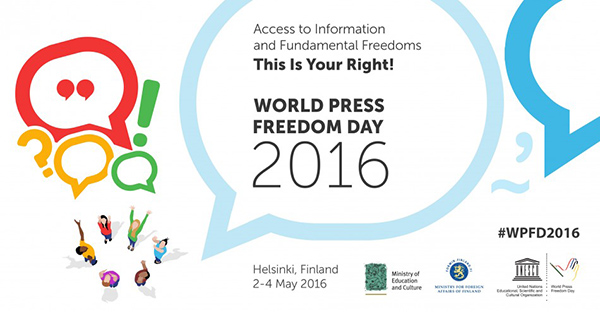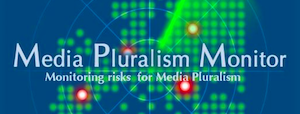Vidal v Elster; Trump too small; and Thomas too small-minded
In Vidal v Elster 602 US 286 (2024) (pdf), the US Supreme Court yesterday upheld the refusal of the US Patent and Trademark Office to register “Trump too small” as a trademark. In his opinion for the Court, Thomas J proved himself small-minded both in his approach to First Amendment analysis in general and in his approach to the fraught inter-relationship of trademark restrictions and the First Amendment in particular.
In this case, the plaintiff, Steve Elster, sought trademark protection for t-shirts featuring the slogan “Trump too small” (pictured above left). The slogan refers to a debate in the 2016 presidential primaries when Senator Marco Rubio teased Donald Trump about the size of his hands (with implications about other features). The plaintiff wanted to use it to criticize President Trump in general, and, specifically, to convey “that some features of President Trump and his policies are diminutive”. Section 1052(c) of the Lanham Act (Trademark Act, 1946) (15 USC § 1052(c)) precludes registration of a trademark that (emphasis added):
consists of or comprises a name, portrait, or signature identifying a particular living individual except by his written consent, …
As a consequence of this “names” clause, an examiner from the US Patent and Trademark Office (USPTO) refused the plaintiff’s application to register “Trump too small”, and the Trademark Trial and Appeal Board (TTAB) affirmed.…



